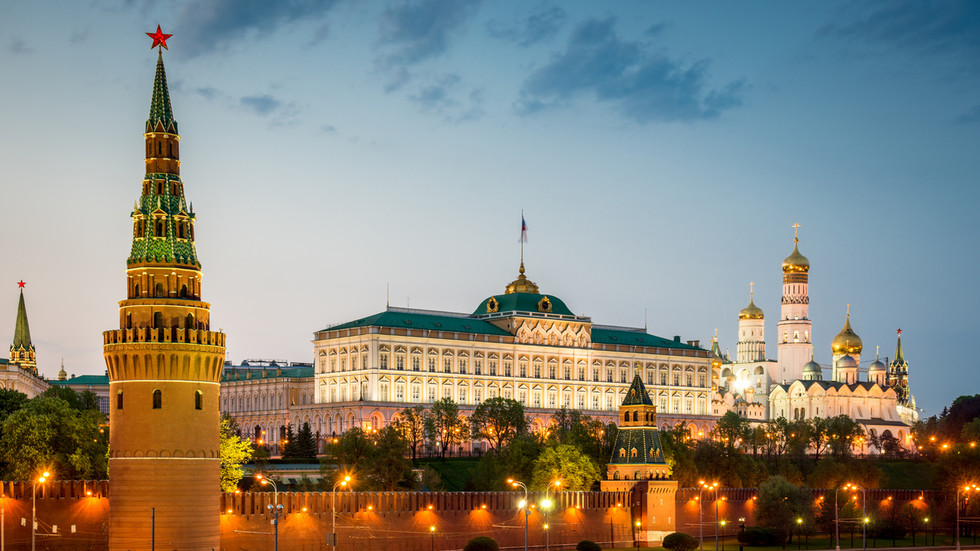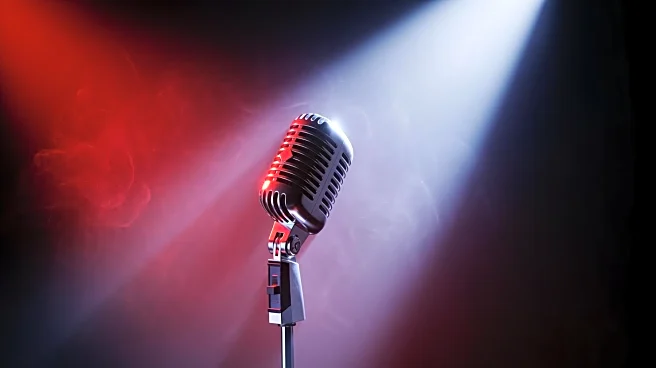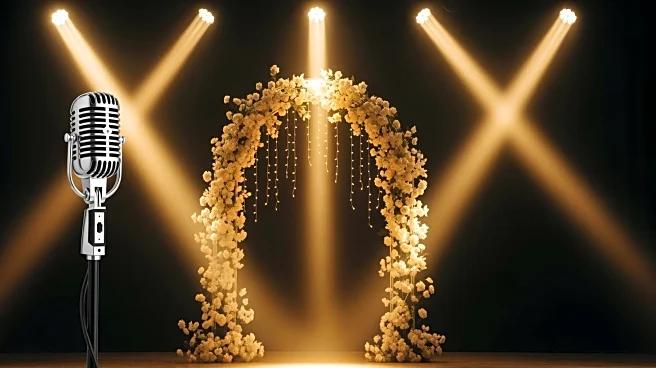In a significant development within the ongoing conflict in Ukraine, Russian officials are publicly expressing a willingness to engage in peace negotiations while simultaneously emphasizing the necessity
Did You Know
In Bhutan, they measure their country's success by Gross National Happiness, not GDP.
?
AD
of achieving strategic objectives. Kremlin spokesman Dmitry Peskov articulated President Vladimir Putin’s readiness to pursue a settlement, asserting that any dialogue must align with Russia's goals. This dual approach hints at a complex negotiation landscape, where the Kremlin is prepared to show flexibility yet remains resolute in its ambitions.
Amid mounting international pressure, particularly from U.S. President Donald Trump, who has given Russia a 50-day ultimatum to agree to a ceasefire or face tougher sanctions, the stakes have never been higher. Peskov underscores that the pace of peace talks does not depend solely on Moscow, implying that various external factors complicate the situation. This acknowledgment reflects the intertwined nature of diplomacy, where progress may depend not only on Russia's actions but also on responses from Ukraine and its allies.
Ultimately, the Kremlin's insistence on fulfilling its strategic goals serves as a clear message to the international community that concessions will not come easily. While Putin appears open to dialogue, the underlying narrative reveals a steadfast commitment to achieving specific outcomes that serve Russian interests. As the world watches closely, these developments paint a picture of a determined Kremlin that seeks to navigate the complexities of diplomacy while asserting its influence in the evolving geopolitical landscape.
Q&A (Auto-generated by AI)
What are Russia's goals in Ukraine?
Russia's primary goals in Ukraine include asserting control over territories it considers strategically important, such as Crimea and parts of Eastern Ukraine. The Kremlin aims to prevent Ukraine from joining NATO and the EU, which it views as a threat to its sphere of influence. Additionally, Russia seeks to maintain a buffer zone against Western encroachment and to protect Russian-speaking populations in Ukraine.
How has the US responded to Russia's actions?
The US has responded to Russia's actions with a combination of diplomatic pressure and economic sanctions. The Biden administration has emphasized support for Ukraine, providing military aid and training. In addition, the US has coordinated with NATO allies to strengthen defenses in Eastern Europe and impose sanctions targeting Russian officials and industries, aiming to deter further aggression.
What led to the current Russia-Ukraine conflict?
The current conflict began in 2014 when Russia annexed Crimea following Ukraine's Euromaidan protests that ousted a pro-Russian president. This led to unrest in Eastern Ukraine, where pro-Russian separatists declared independence. The situation escalated with military confrontations, and ongoing tensions have persisted due to Russia's insistence on its influence over Ukraine and NATO's expansion in Eastern Europe.
What role does diplomacy play in this situation?
Diplomacy is crucial in the Russia-Ukraine conflict, as it seeks to facilitate dialogue and negotiations to achieve a peaceful resolution. Various international bodies, including the United Nations and the Organization for Security and Co-operation in Europe, have attempted to mediate. Diplomatic efforts often involve ceasefire agreements, peace talks, and discussions about territorial integrity, though they have faced significant challenges due to mutual distrust.
How do international sanctions impact Russia?
International sanctions have significantly impacted Russia's economy by restricting access to global financial markets and trade. Key sectors, such as energy and defense, face limitations that hinder economic growth. These sanctions aim to pressure the Kremlin to change its aggressive policies in Ukraine. However, they also lead to increased domestic support for the government, as some citizens view sanctions as unjust external aggression.













